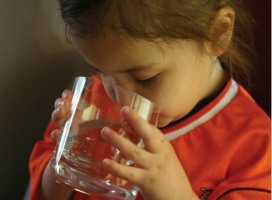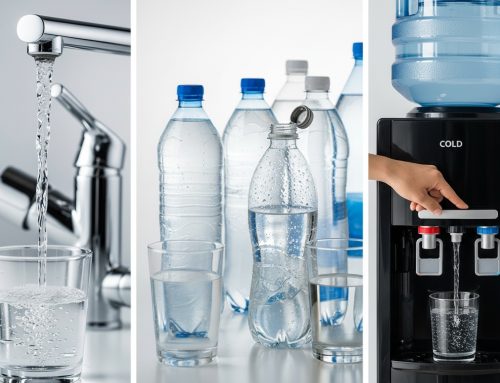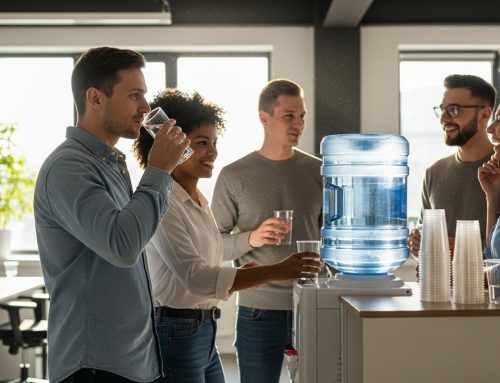 Is Your Child Sufficiently Hydrated? It may surprise you to know that according to Professor Gerard Friedlander of the Paris Descartes University Medical School in France, large-scale hydration in children studies done between 2009 and 2011 in France, USA, Italy, and the UK, around 60% of children in those countries do not drink sufficient water in the mornings and are slightly dehydrated by the time they get to school. The figure is slightly higher for boys than for girls.
Is Your Child Sufficiently Hydrated? It may surprise you to know that according to Professor Gerard Friedlander of the Paris Descartes University Medical School in France, large-scale hydration in children studies done between 2009 and 2011 in France, USA, Italy, and the UK, around 60% of children in those countries do not drink sufficient water in the mornings and are slightly dehydrated by the time they get to school. The figure is slightly higher for boys than for girls.
The Federation of European Nutrition Societies (FENS) organised the 11th European Nutrition Conference in Madrid in October 2011, at which the issue of hydration was discussed. Two key speakers at the “Hydration for Health” symposium were Professor Luis Moreno, professor of Public Health at the University of Zaragoza, who spoke to a study done on Spanish children and Dr. Joan Gandy, a Registered Dietician and a Registered Nutritionist, who spoke to a hydration study done in the UK.
The UK study was conducted by the University of Sheffield Medical School. Researchers studied what the 452 children aged 9-11 taking part in the study ate and drank before going to school, and analysed their urine samples to measure its concentration. Professor Friedlander, who oversaw the study, stated that the fact that children were not consuming sufficient liquids in the mornings before school to maintain adequate hydration through the morning was worrying.
Assessing Dehydration in Children
Children are particularly susceptible to dehydration, and particular care must be taken when assessing the hydration status of children. One should pay heed to a combination of signs to assess whether the child is sufficiently hydrated or not, including the pinch test, and the general appearance of mucous membranes, the eyes and tears.
Other indicators that should be heeded are restlessness or irritability, loss of body weight, sunken eyes, decreased urine output, lethargy, and in extreme cases tachycardia, a weak rapid pulse, Cold extremities and hypotension.
Recommended Daily Fluid Intake for Children
Water sustains the body’s many crucial chemical reactions and maintains proper body functions. According to the European Food Safety Authority, boys aged 9-13 require about 2.1 litres of fluid per day, and girls of the same age need about 1.9 litres. Liquids can come from various fluids and from foods that have a high water content, but drinking water is still the best method of hydration.
Creating Good Hydration Habits for Children
It is important that you create good hydration habits in your children, as children historically do not like to drink water; soft drinks are much more popular. One way to do this, as was proven by a year-long study done in 2003, backed by the Sandwell Children’s Fund, wherein a water cooler per 100 schoolchildren was allocated to eighty-seven schools.
The study found that placing water coolers in schools:
- Helped with concentration
- Helped the children to become more aware of how vital water is to their body
- Children drank water more often, especially during lunch breaks
- Both children and teachers drank water more regularly
- Children drank less carbonated drinks
- Children got headaches less often
- Absenteeism due to illness were far lower
It may be a good idea for you to invest in a home water cooler if your children do not like to drink water. This will ensure that they drink water more often, as it is easier for them to dispense water from a water cooler, and we all know that getting a jug of iced water out of the fridge is far too much like work for children. The water from a water cooler tastes far better than tap water, and no matter how many friends they have over there will always be sufficient chilled water for them all to drink.
Source:
Water cooler rental in London and buy water cooler from Living-Water.





